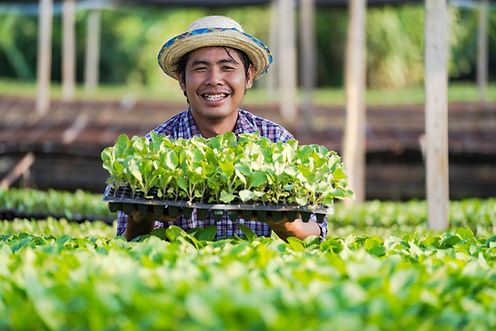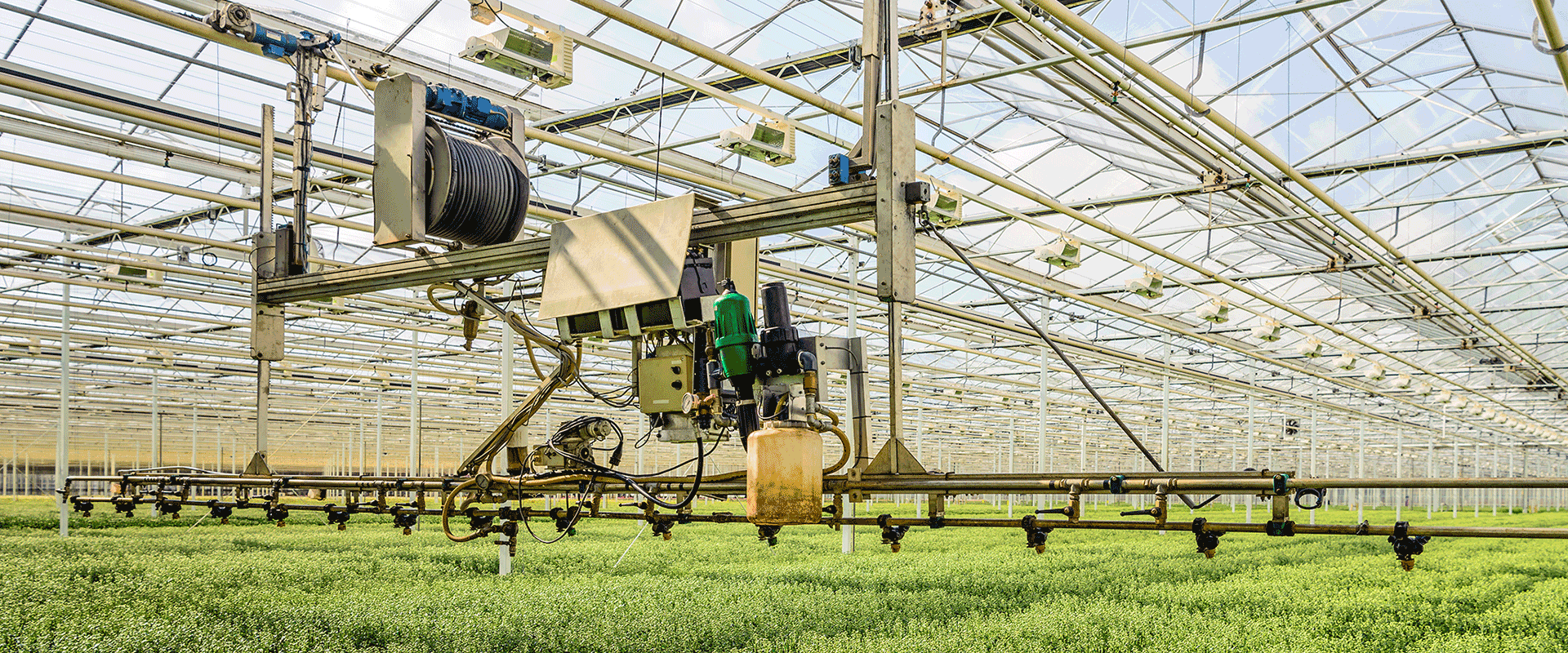The world is currently facing a double-edged crisis: climate change and food insecurity. With growing populations and diminishing resources, the challenge of feeding billions while protecting the planet has never been more urgent. Sustainable agriculture offers a solution that addresses both environmental sustainability and food production. This article explores the significance of sustainable agriculture, particularly in the context of our changing climate, and how it helps mitigate negative impacts while ensuring long-term food security.
What is Sustainable Agriculture?
Sustainable agriculture refers to farming practices that meet current food needs without compromising future generations’ ability to meet their own. It integrates three main objectives:
- Environmental Health – reducing the environmental footprint of farming, conserving water, improving soil health, and promoting biodiversity.
- Economic Profitability – ensuring farmers and agricultural businesses can thrive financially.
- Social Equity – providing fair treatment and livelihoods to those involved in food production.
It is essential to understand that sustainable agriculture is not just about growing crops more efficiently but doing so in a way that conserves resources, minimizes waste, and reduces pollution.
Climate Change and Its Impact on Agriculture
Climate change is profoundly affecting agricultural productivity worldwide. Rising temperatures, unpredictable weather patterns, and extreme events like droughts, floods, and hurricanes pose serious challenges to farming. Some of the specific effects of climate change on agriculture include:
-
Altered Growing Seasons: Many crops have strict temperature and seasonal requirements. Climate change can shift growing seasons, making it difficult to grow crops in traditional farming regions.
-
Increased Pests and Diseases: Warmer temperatures and changes in weather patterns can expand the range of agricultural pests and diseases, which may damage crops.
-
Soil Degradation: Higher temperatures and unpredictable rainfalls can degrade soil quality, leading to reduced fertility, soil erosion, and nutrient loss.
-
Water Scarcity: Climate change exacerbates water shortages, making irrigation more difficult and expensive in some regions.
Sustainable Agriculture as a Solution
Sustainable agriculture plays a crucial role in addressing the challenges posed by climate change. Below are several key ways in which sustainable agricultural practices can help mitigate the effects of climate change:
- Soil Health and Carbon Sequestration
Healthy soils are essential for resilient agriculture. Practices such as cover cropping, no-till farming, and crop rotation improve soil structure and fertility while also increasing the soil’s capacity to store carbon. This process, known as carbon sequestration, helps remove CO2 from the atmosphere, reducing the greenhouse gases contributing to climate change.
For instance, crops like legumes and certain grasses can fix nitrogen in the soil naturally, reducing the need for chemical fertilizers. These crops also improve soil structure, reduce erosion, and increase organic matter content, promoting a more robust ecosystem for future farming.
- Water Management
Water scarcity is a significant issue exacerbated by climate change. Sustainable agriculture emphasizes water conservation techniques such as rainwater harvesting, efficient irrigation systems (like drip irrigation), and soil moisture monitoring. These methods help farmers use water more efficiently, reduce runoff, and prevent water contamination.
Moreover, incorporating wetlands or buffer zones in agricultural landscapes can enhance water purification and reduce nutrient runoff, improving water quality in nearby rivers and lakes.
- Agroecology and Biodiversity
Agroecology, a key principle in sustainable agriculture, involves mimicking natural ecosystems to create resilient farming systems. This includes diversifying crops, integrating livestock, and preserving natural habitats for beneficial insects and pollinators.
Biodiversity in farming also helps reduce the spread of pests and diseases, which are becoming more prevalent due to climate change. By planting a variety of crops and maintaining hedgerows or forest patches, farmers create natural barriers against pests and promote a more balanced ecosystem.
- Renewable Energy Integration
Many traditional farming practices rely heavily on fossil fuels, from powering machinery to producing synthetic fertilizers. Sustainable agriculture prioritizes the use of renewable energy sources such as solar, wind, and bioenergy. By reducing reliance on non-renewable resources, farmers can decrease greenhouse gas emissions and promote cleaner, more sustainable food production.
Innovative farms are now integrating renewable energy into their operations, using solar panels for irrigation systems, biogas from livestock manure for energy production, and wind turbines to power grain storage facilities. These methods not only reduce carbon emissions but also lower operational costs, making farms more economically sustainable.
- Organic Farming
Organic farming is another pillar of sustainable agriculture. By avoiding synthetic fertilizers, pesticides, and genetically modified organisms (GMOs), organic farming practices promote biodiversity, improve soil health, and reduce pollution. Organic farms tend to have higher soil organic matter, which can increase carbon sequestration and improve water retention, making them more resilient to droughts and extreme weather events.
Moreover, organic farming reduces the environmental impact of harmful chemicals, which often contribute to soil degradation and water pollution.
- Climate-Resilient Crop Varieties
Developing climate-resilient crop varieties is a crucial strategy for adapting to changing conditions. This involves breeding or genetically modifying crops to withstand extreme weather, pests, and diseases. For example, drought-resistant maize, flood-tolerant rice, and heat-resistant wheat are being developed to thrive in challenging conditions brought on by climate change.
These resilient crop varieties, combined with traditional sustainable practices, can help ensure food security in regions where climate change threatens agricultural productivity.
Policy and Advocacy for Sustainable Agriculture
To make sustainable agriculture the norm, strong policy frameworks and advocacy efforts are essential. Governments and international organizations play a critical role in supporting farmers’ transition to sustainable practices. This includes providing financial incentives, subsidies for renewable energy, and funding for research into sustainable farming methods.
Moreover, global agreements like the Paris Agreement aim to reduce carbon emissions, and sustainable agriculture can contribute significantly to achieving these goals. Policies that promote land conservation, forest protection, and agroforestry can further strengthen efforts to mitigate climate change.
Pure Future LLC: Promoting Sustainable Agricultural Solutions
Companies like Pure Future LLC are leading the charge in advancing sustainable agricultural practices. Pure Future specializes in developing environmentally friendly agricultural technologies, such as natural grow products, water purification systems, and controlled environment agriculture (CEA). These technologies address many of the challenges posed by climate change, particularly water management, soil health, and resource efficiency.
-
Natural Grow Products: Using sustainable inputs like algae blends helps improve soil fertility and crop yield while reducing the need for chemical fertilizers.
-
Water Purification: Pure Future’s advanced water purification systems ensure that water used in agriculture is clean, reducing the risk of contamination from pollutants.
-
Controlled Environment Agriculture (CEA): CEA systems allow for food production in climates and environments where traditional agriculture is not feasible, ensuring food security even in regions affected by climate change.
By combining technology with sustainable practices, Pure Future LLC demonstrates how businesses can play a pivotal role in addressing the challenges posed by a changing climate.
Conclusion
Sustainable agriculture is no longer an option; it is a necessity in our fight against climate change. By integrating environmental health, economic viability, and social equity, sustainable agricultural practices offer a path toward a more resilient, equitable, and food-secure future.
As climate change continues to impact farming around the globe, adopting sustainable agricultural practices will help mitigate its effects, protect natural resources, and ensure that future generations have access to healthy, nutritious food. By supporting innovative technologies and solutions, like those provided by Pure Future LLC, we can drive the transformation toward a more sustainable agricultural system and a healthier planet.





